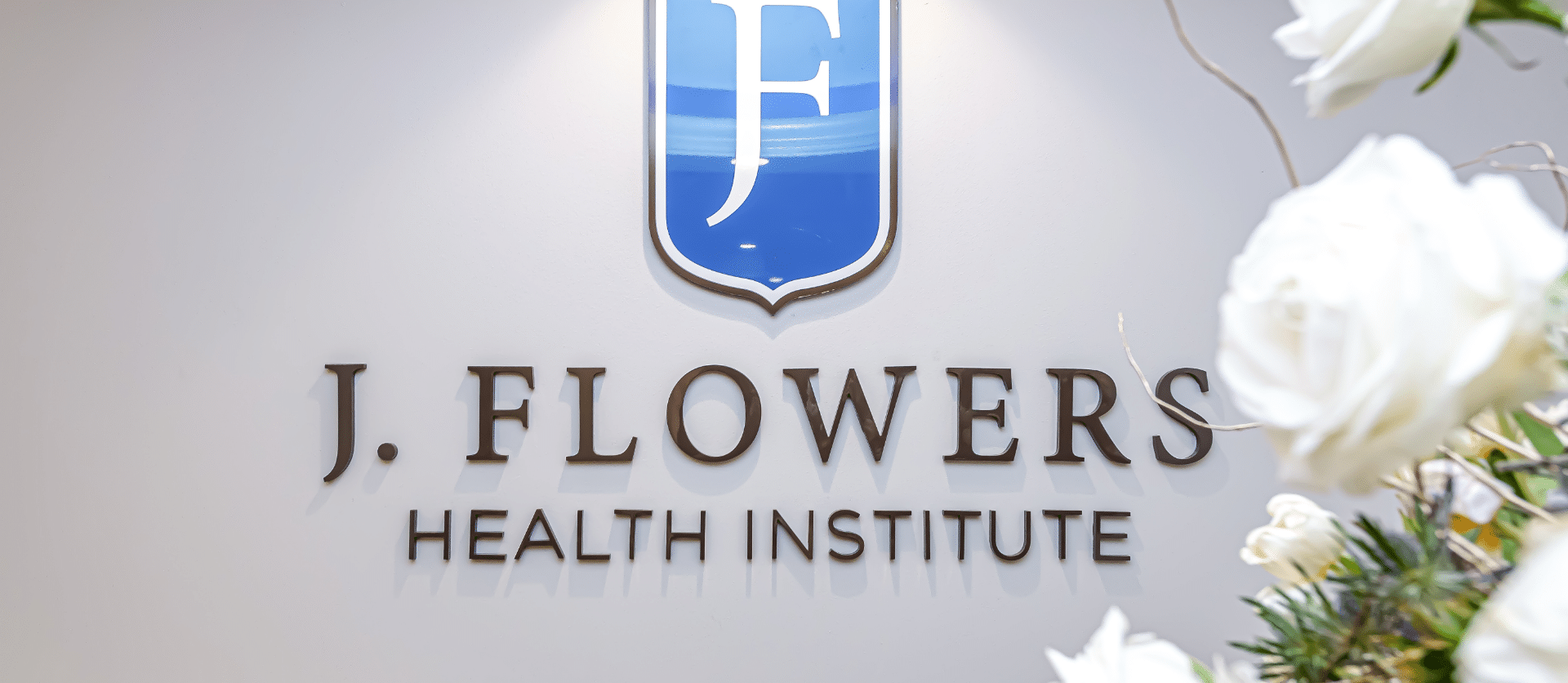 Overcoming mental health challenges and/or addiction is one of the most difficult roads one can take in life and understanding the patient is the most essential piece in creating the right path to health.
Overcoming mental health challenges and/or addiction is one of the most difficult roads one can take in life and understanding the patient is the most essential piece in creating the right path to health.
Mental health, addiction and chronic pain can be present independently or in tandem. But without a proper, thorough comprehensive evaluation by a multidisciplinary team of experts, surface-level treatment can be potentially dangerous and an inefficient use of the patient’s time, money and efforts.
There is a common misconception that diagnosis and treatment happen at the same time. The first step to effective healing, however, comes from what we refer to as a comprehensive diagnostic evaluation. Mental health and addiction are unique for every patient and it is imperative that a true and correct diagnosis be obtained in order to tackle the different variables that trigger mood states, emotional responses and behaviors, dependencies and potential medical complications. A thorough comprehensive diagnostic assessment is necessary in order to identify these and plan for a successful outcome.
Many who suffer from chronic, intractable pain find that by tackling mental and emotional trauma, they find significant relief from the chronic pain and physical issues that led them to depend on opiates or other substances. Leading the patient through this step in the rehabilitation and recovery process isn’t possible unless they understand the factors in their lifestyle that create a dependency.
Conducting a comprehensive diagnostic evaluation is what we’ve built our program on at the J. Flowers Health Institute.
Our team of health experts provides a treatment plan only after a full evaluation has taken place that includes a deep dive into the patient’s lifestyle, history and habits. For some, that happens through appointments with psychologists, nutritional experts, therapists and other specialty physicians. Processes like brain mapping, pharmacogenomic testing as well as medication and lab assessments can lend insight into what a patient may need to overcome mental health challenges and/or addiction and improve their overall quality of life.
Accepting the need for treatment is an important decision for those who experience mental health or addiction and their loved ones. But before a permanent life change can take place, a thorough diagnosis must occur.
For more information on addiction, chronic pain and other mental health services, contact our J. Flowers Health Institute team.







